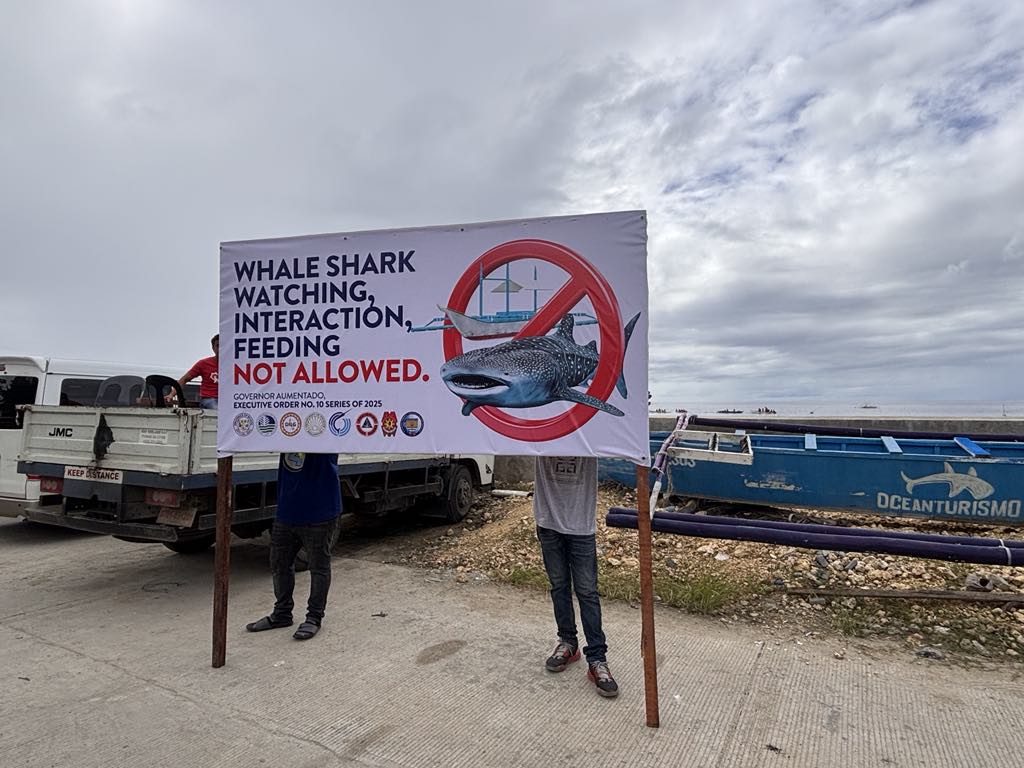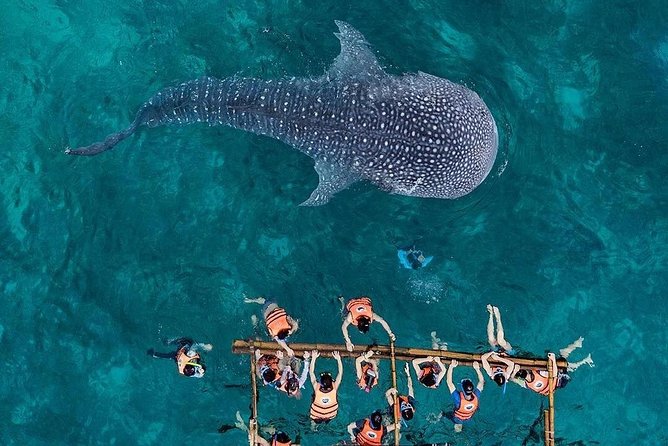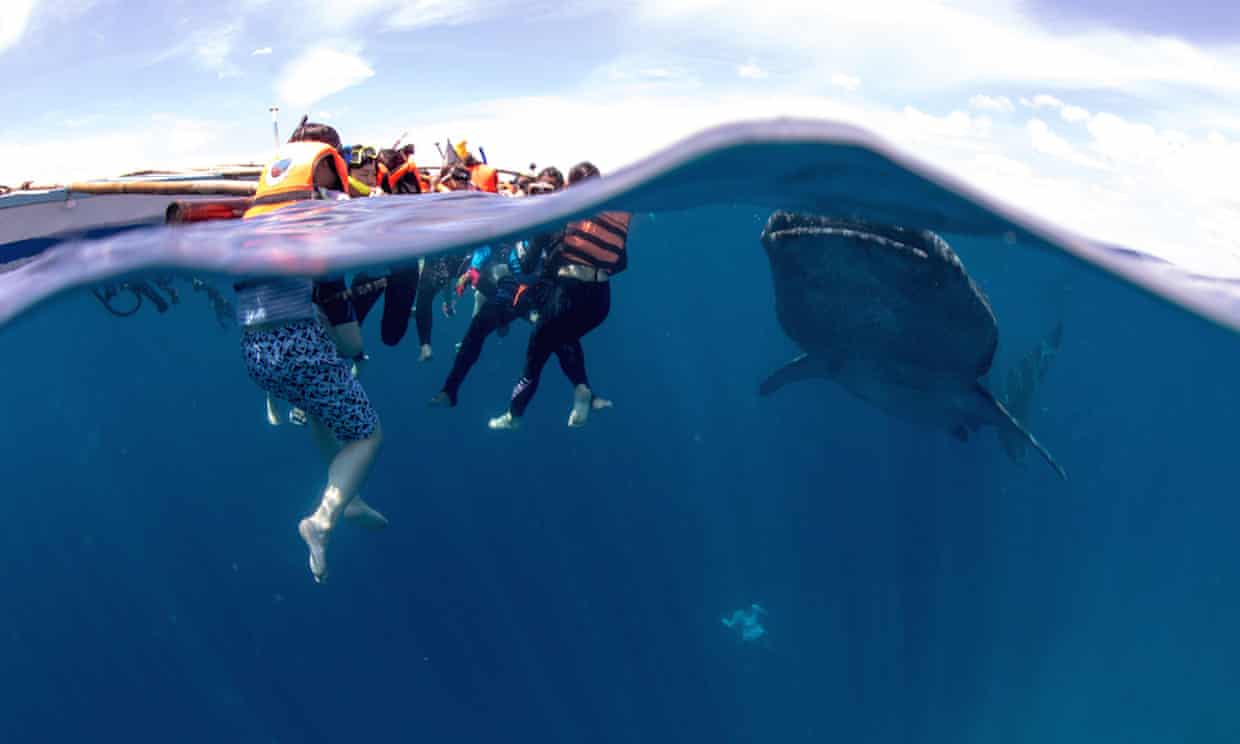Whale Shark Activities Shut Down In 3 Philippine Towns Over Illegal Feeding
Feeding whale sharks disrupts their migratory patterns and makes them dependent on humans for food, which can ultimately threaten their survival.
The province of Bohol in the Philippines has officially shut down all whale shark activities in three towns — Lila, Alburquerque, and Dauis — due to environmental concerns and unregulated operations
According to GMA News, Bohol Governor Erico Aristotle Aumentado signed an executive order earlier this month, halting all whale shark interactions in these areas.
Authorities found that tour operators were illegally luring the gentle giants by feeding them krill, violating environmental laws.
This practice violates Provincial Ordinance No. 2020-008 and Joint Memorandum Circular No. 1 Series of 2020.
Whale shark interaction activities in Lila, Alburquerque, and Dauis, were officially shut down on Friday, 7 February.
Image via Bohol Island NewsFeeding whale sharks can disrupt their natural migratory patterns and affect marine ecosystems
Additionally, reports indicated that leftover krill in the water caused a foul smell, raising concerns about water quality in popular tourist spots like Balicasag and Panglao.
The move also aims to protect Bohol's status as a UNESCO Global Geopark.
Aumentado emphasised that environmental preservation must come before private business interests.
"I am just protecting our province," he stated, according to ABS-CBN, assuring the public that the suspension is necessary to safeguard marine life and tourism in the long run.
The country's Department of Labor and Employment (DOLE) is stepping in to assist displaced workers
Authorities, including the Philippine National Police Maritime Group, Department of Environment and Natural Resources (DENR), and the Philippine Coast Guard, have been tasked with enforcing the ban.
Image for illustration purposes only.
Image via ndre Snoopy Montenegro/Southern Cross University/The GuardianWhile whale shark tourism can boost local economies, it often comes at a cost to marine ecosystems
Frequent human interaction can stress the animals, alter their natural behaviours, and expose them to boat collisions.
Feeding whale sharks disrupts their migratory patterns and makes them dependent on humans for food, which can have long-term negative effects on their survival.
Sustainable practices and strict regulations are necessary to ensure that eco-tourism benefits both the environment and local communities without harming marine life.


